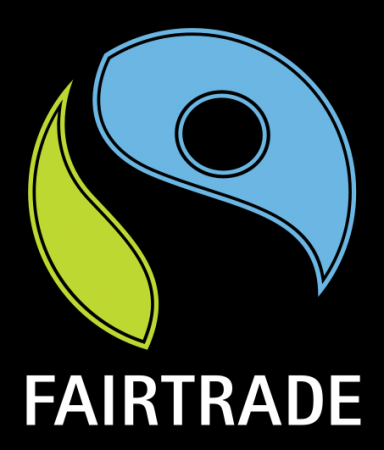A poll by Atomic Research shows that nearly a quarter of adults in the UK never think about the people producing their food and drink.
The research comes as this year’s Fairtrade Fortnight (27 February – 12 March) opens, with the Fairtrade Foundation looking to raise awareness of the exploitation of small-scale farmers. It is trying to remedy the problem with Fairtrade-certified products from democratically governed producer organisations – many of which are co-operatives.
But a quarter of British people never consider the farmers and workers who produce their daily cup of tea, the study found, while almost two in ten (17%) have never thought about whether their food has been produced in exploitative conditions where producers do not receive a fair deal for what they grow.

According to the Fairtrade Foundation, the average cocoa farmer in Ivory Coast lives on less than 40p a day. In Kenya, one in three coffee and tea growing regions live in poverty. Furthermore, over two million farmers work in hazardous conditions in Ivory Coast and Ghana.
The foundation expects 2017 to be one of the most uncertain years for generations in terms of international trade, particularly with the UK having to renegotiate more than 50 international trade deals once it exits the EU.
Michael Gidney, chief executive of the Fairtrade Foundation, said: “Fairtrade is bringing lasting change to the lives of 1.6 million farmers and workers around the world and it’s wonderful to see Fairtrade bucking the market trend with strong growth and new commitments.
“Yet too many companies still do not publish what they pay their producers. It’s time to really push the direct connection between the food we buy and their impact on farmers’ livelihoods. If people really knew, and thought about it, would they still make the same choices?”
Related: Co-op Group commits to 100% Fairtrade cocoa in all own-brand items
The poll, which surveyed 2,000 British adults, reveals that once told about the difference their purchasing power can make, over 70% of people said they wanted to make sure that their food and drink is not produced in exploitative conditions.
Three quarters of respondents said they would look for an ethically sourced product.
“When we reach for our everyday foods without necessarily questioning what lies behind them – seduced by nice packaging, or attractive products and brands – we may be unconsciously feeding exploitation,” added Mr Gidney.
To promote the theme of this year’s Fortnight, the Fairtrade Foundation has produced a short film presenting the realities of exploited farmers and highlighting how buying Fairtrade can help to make a difference.
“Imagine what could happen if we all put Fairtrade into our shopping baskets: that would be an incredible opportunity to reach more producers with even more impact, but it would also be a powerful signal to companies, and to government, that there are millions of people in this country who do not want their daily food to come at the cost of exploiting farmers,” added Michael Gidney.

